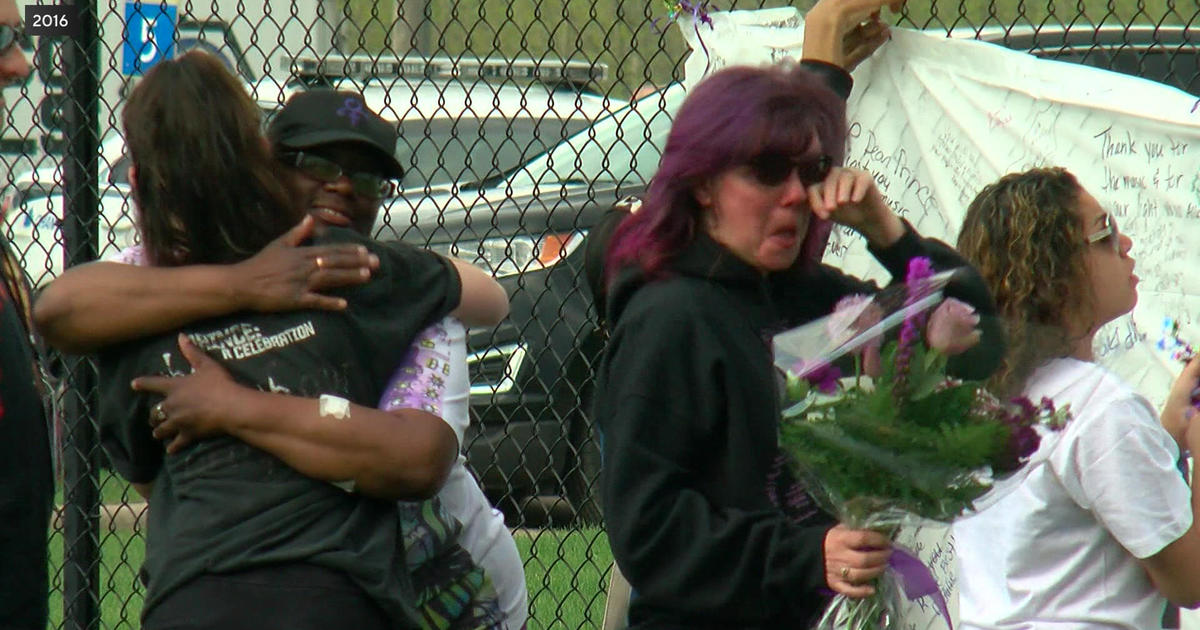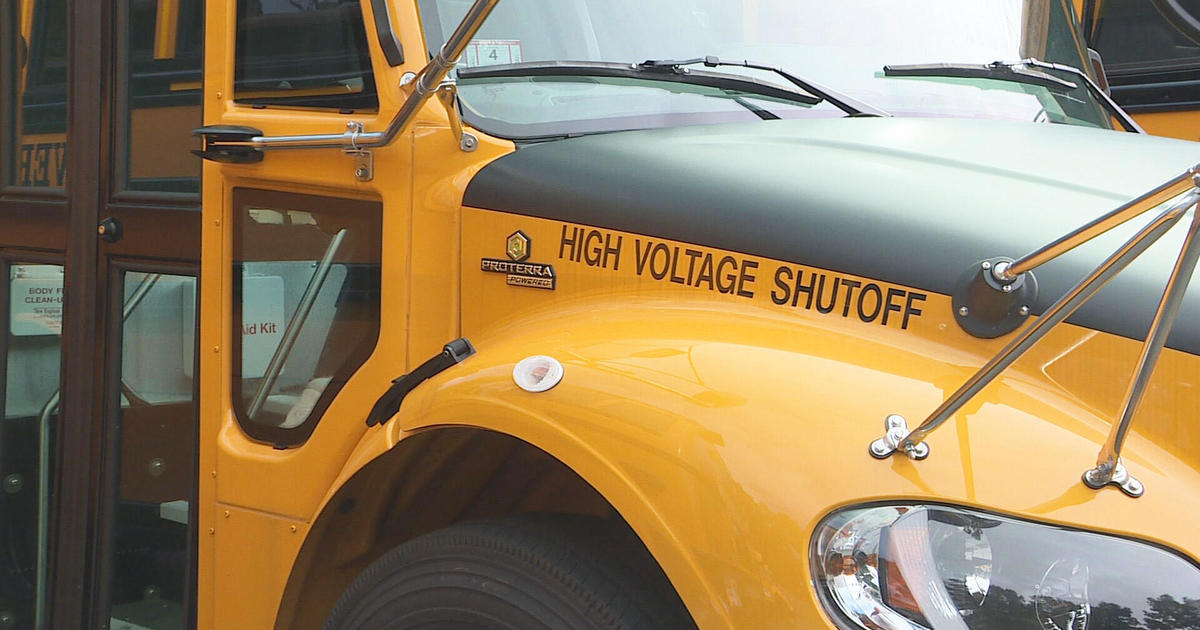Weather Blog: Winter Hazard Awareness Week
MINNEAPOLIS (WCCO) -- The National Weather Service has deemed this week Winter Hazard Awareness Week for Minnesota and Wisconsin, and with the first winter weather of the season in the forecast for some, it's a good time to remind ourselves how to stay safe from the cold, ice and snow!
Some basic outdoor safety tips include: don't over exert especially when shoveling snow, drink plenty of fluids and watch for frostbite. We all know it's important to don layers, but don't forget that hat. As our moms always insisted, "you lose most of your body heat through the top of your head." She was right!
And don't forget to prep your vehicle for the upcoming season by getting it winterized, and carry a winter survival kit on board. If stranded by winter weather, stay in your vehicle and make it visible to rescuers. Do not attempt to walk in a winter storm.
Slow it down for the snowplow! The National Weather Service recommends, when sharing the road with a snowplow, to reduce your speed and remain eight seconds behind. An average snowplow weighs 17 times more than an average car, thus avoiding a collision is a very good idea.
When it comes to ice safety, remember that there is no totally safe ice on a frozen lake or pond. Every year, there are fatalities in Minnesota when people fall through thin ice. According to the National Weather Service, the minimum ice thickness acceptable for walking/ice fishing is 4 inches; 5 inches for snowmobiling.
And speaking of snowmobiling, if you're heading out for some motorized fun in the snow, avoid alcohol. Most snowmobile deaths are alcohol related.
Heating fires are one of the main causes of residential fires. Be sure to have chimneys and fireplaces professionally inspected. Make certain that smoke detectors are installed on every level of your home. And with the holidays just around the corner, be sure to place those decorations well away from any heat source.
Another threat is carbon monoxide, which is most likely to accumulate inside homes during winter, when heating systems are in use. Carbon monoxide is a colorless, odorless gas and high levels can result in unconsciousness or death. It can accumulate from various heating systems including fireplaces, furnaces, gas cooking stoves, and gas or kerosene space heaters. Make sure to install a carbon monoxide detector, one which sounds an alarm.
Keep informed of changing weather. Stay abreast of any National Weather Service advisories, watches and/or warnings and of course tune in to WCCO 4 News for the latest forecast information. If severe winter weather is expected, postpone or avoid travel. Minnesota Road Conditions are available by dialing 511.



